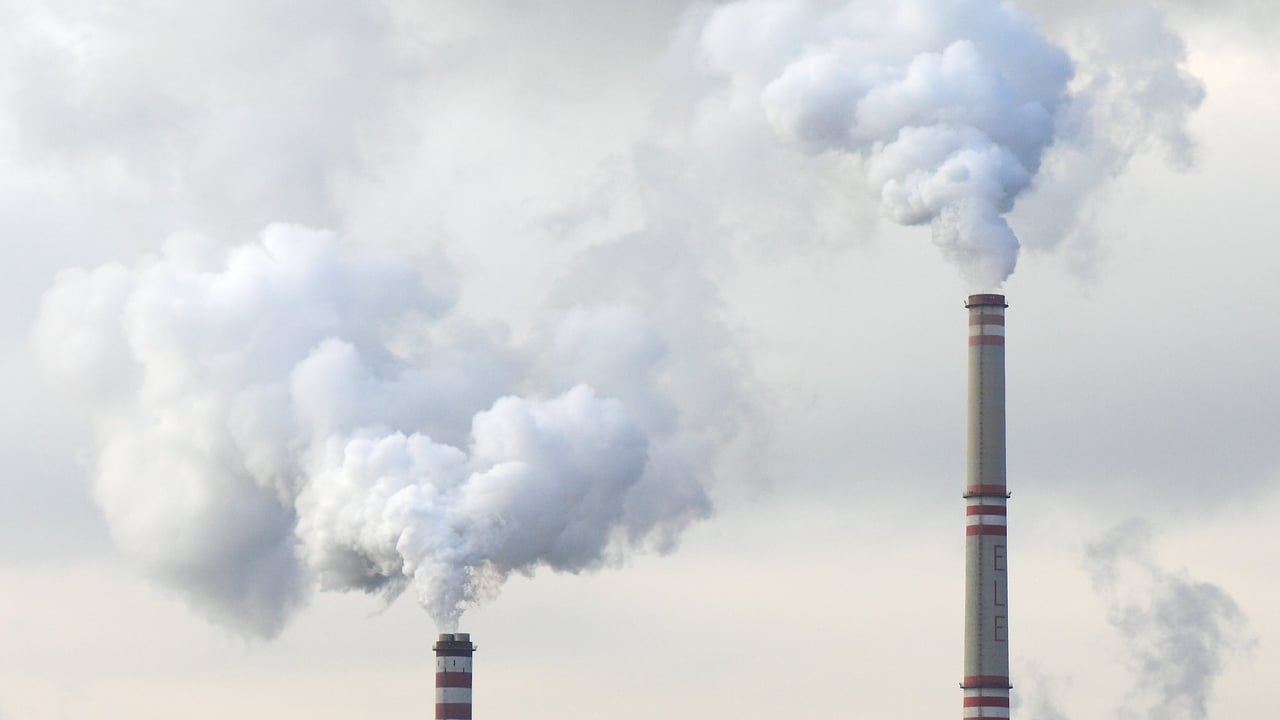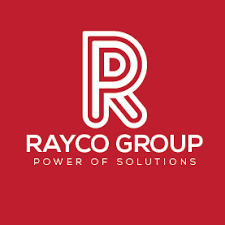Report: Reliance on fossil fuels presents 'disadvantages' for Ireland
Report highlights challenge of transforming Ireland’s energy trade.
A report from the National Economic and Social Council (NESC) has found that Ireland is currently among the most fossil-fuel import dependent countries in Europe.
The NESC revealed that this reliance on imported fossil fuels presents several disadvantages, including high levels of CO2 emissions, exposure to supply disruptions and price volatility on international markets, financial outflows, inefficient fossil-fuel subsidies, and negative impacts on air quality and human health.
According to the NESC, Ireland faces cost-competitiveness challenges that must be acknowledged addressed if the country is to be become a significant net exporter of renewable energy.
The NESC believes that Ireland's dependance on fossil fuel imports is exposing households and businesses to "price volatility on international markets", as well as geopolitical risks.
Policy analyst at NESC, Dr David Hallinan said: “The energy transition will not insulate us from developments beyond our borders.
"Ireland is an island—but we’re part of a European energy system. The international trading environment and domestic energy system will remain deeply intertwined."
"To lead in clean energy, we need to invest strategically, contain costs and work more closely with our neighbours," Dr Hallinan explained.
The NESC claims, that unless reliance on imported fossil fuels is "dramatically" reduced, Ireland risks worsening climate change and substantial fines from the EU.
The report recommends redirecting fiscal resources away from inefficient fossil fuel subsidies to accelerate the energy transition and shift economic incentives toward investment in renewables.
According to the NESC, green hydrogen is a pillar of Ireland's decarbonisation strategy and renewable energy export potential, mainly focused on decarbonising hard-to-electrify sectors.
The report cautions that the outlook for the sector remains uncertain and points out that domestic hydrogen demand alone will not justify large-scale infrastructure investment.
The NESC claims, that without guaranteed export pathways and demand certainty, green hydrogen risks becoming "another stranded asset".
It believes that Ireland will need to develop strategies for cost-competitive green hydrogen production, while fostering strategic partnerships with countries that will be significant importers of green hydrogen in the future.
Dr Hallinan said: "Ireland must not view itself in isolation. Our energy future is European, and it must be built on shared planning, shared investment, and shared ambition.
"The race to become a global leader in renewable energy trade will not be won on policy ambition alone. There are real concerns about the slow pace of energy infrastructure delivery."
"If Ireland is to realise its ambition of becoming a significant net exporter of renewable energy commodities, we must address the root causes of high domestic electricity prices," he added.





